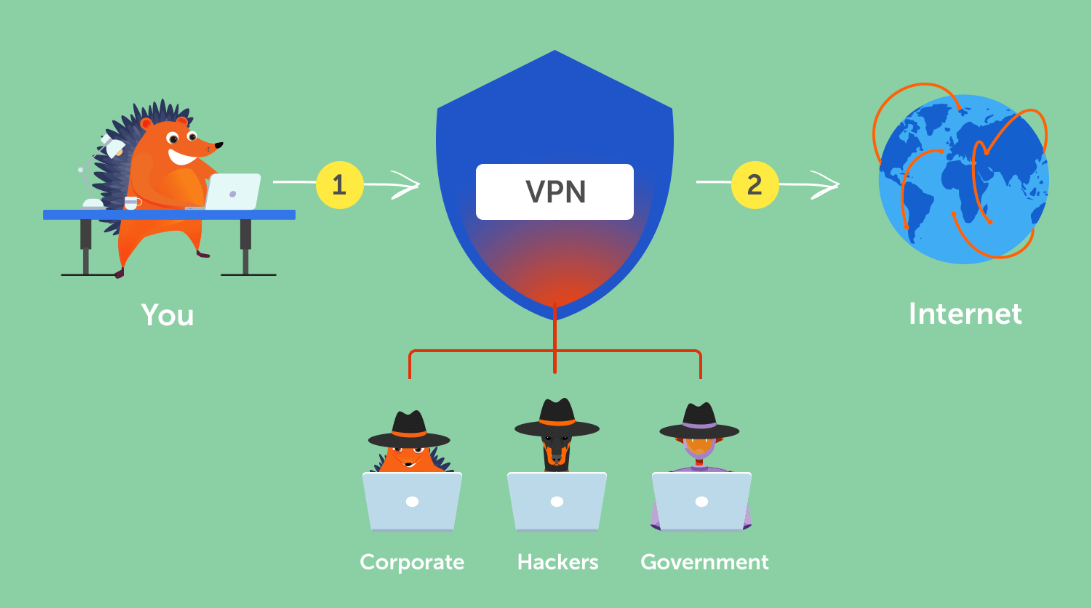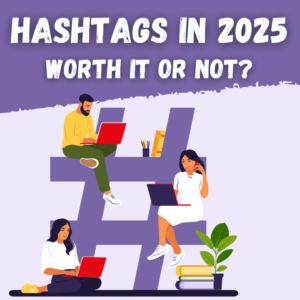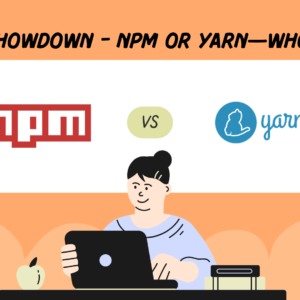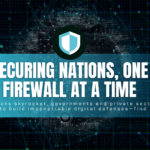In today’s digital world, privacy and security are more important than ever. One of the most effective tools for enhancing your online privacy is a Virtual Private Network, or VPN. But how do VPNs work? Let’s dive deep into the technology behind VPNs, explore their functionality, and answer some common questions about their use.
What is a VPN?
A Virtual Private Network (VPN) is a service that creates a secure connection over the internet between your device and a remote server operated by the VPN provider. This connection encrypts your data, making it difficult for anyone to intercept or monitor your online activities.
When you connect to a VPN, your internet traffic is routed through an encrypted tunnel. This means that your Internet Service Provider (ISP), hackers, and even government agencies cannot see what you are doing online. Instead of your actual IP address, websites see the IP address of the VPN server you are connected to, which helps mask your location.
How Does a VPN Work?
The operation of a VPN can be broken down into several key steps:
- Connection Establishment: When you start your VPN application, it connects to a VPN server. This process involves a “handshake” where encryption keys are exchanged.
- Data Encryption: Once connected, all data sent from your device is encrypted before it leaves. This means that even if someone intercepts this data, they will only see gibberish.
- Data Transmission: The encrypted data travels through the secure tunnel to the VPN server. Here, it is decrypted and sent to its final destination on the internet.
- Receiving Data: When data returns from the internet (like a website you want to visit), it first goes to the VPN server, where it is encrypted again before being sent back through the tunnel to your device.
- Decryption: Finally, your device decrypts the data so you can view it.
This process ensures that your online activities remain private and secure from prying eyes.
Is Using a VPN Legal?
One of the most common questions people ask is whether using a VPN is legal. The answer depends on where you live:
- In Most Countries: Using a VPN is legal and widely accepted as a tool for enhancing privacy online.
- In Some Countries: Certain nations have strict regulations regarding internet usage and may restrict or ban VPN services altogether. For example, countries like China have stringent laws against unauthorized use of VPNs.
It’s essential to understand that while using a VPN itself is legal, engaging in illegal activities while using one remains illegal.

Can the Police Track a VPN?
The question of whether police can track someone using a VPN often arises among users concerned about their privacy. Here’s how it works:
- Encrypted Data: While police cannot directly see what you are doing on a VPN due to encryption, they can still track certain information.
- ISP Logs: If law enforcement has a valid reason (like investigating serious crimes), they can request logs from your ISP. These logs may include connection times and which servers were accessed.
- VPN Provider Cooperation: If police request information from your VPN provider, they may be able to provide details like connection logs or billing information if they keep such records.
However, many reputable VPN providers have strict no-logs policies, meaning they do not store any information about your online activities.
Who Monitors Your VPN?
While using a VPN enhances privacy, it’s important to recognize who might still be monitoring your activity:
- VPN Providers: Depending on their policies, some providers may log user activity. Always read their privacy policy carefully to understand what data they collect and how it is used.
- Government Agencies: In certain situations, government agencies can request data from both ISPs and VPN providers if they have legal grounds for doing so.
- Malicious Actors: If you’re using an unreliable or free VPN service, there’s a risk that these services could monitor your activity or sell your data to third parties.
Advanced Tips for Using a VPN
To maximize your privacy while using a VPN, consider these tips:
- Choose Reputable Providers: Always opt for well-reviewed and reputable VPN services with clear no-logs policies.
- Use Strong Encryption Protocols: Look for services that offer strong encryption protocols like OpenVPN or WireGuard.
- Enable Kill Switch Features: A kill switch will disconnect you from the internet if the VPN connection drops unexpectedly, preventing any accidental exposure of your data.
- Regularly Update Your Software: Keeping your device and applications updated helps protect against vulnerabilities that could be exploited by hackers.
Conclusion
Understanding how VPNs work can empower you to make informed decisions about protecting your online privacy. They serve as powerful tools for encrypting your internet traffic and masking your identity online. While using a VPN is legal in many places, it’s crucial to stay informed about local laws and choose reliable providers to ensure that your data remains safe from prying eyes.
By following best practices when using a VPN and staying aware of potential risks, you can enjoy greater security and privacy in our increasingly interconnected world. So go ahead—explore the web with confidence!












